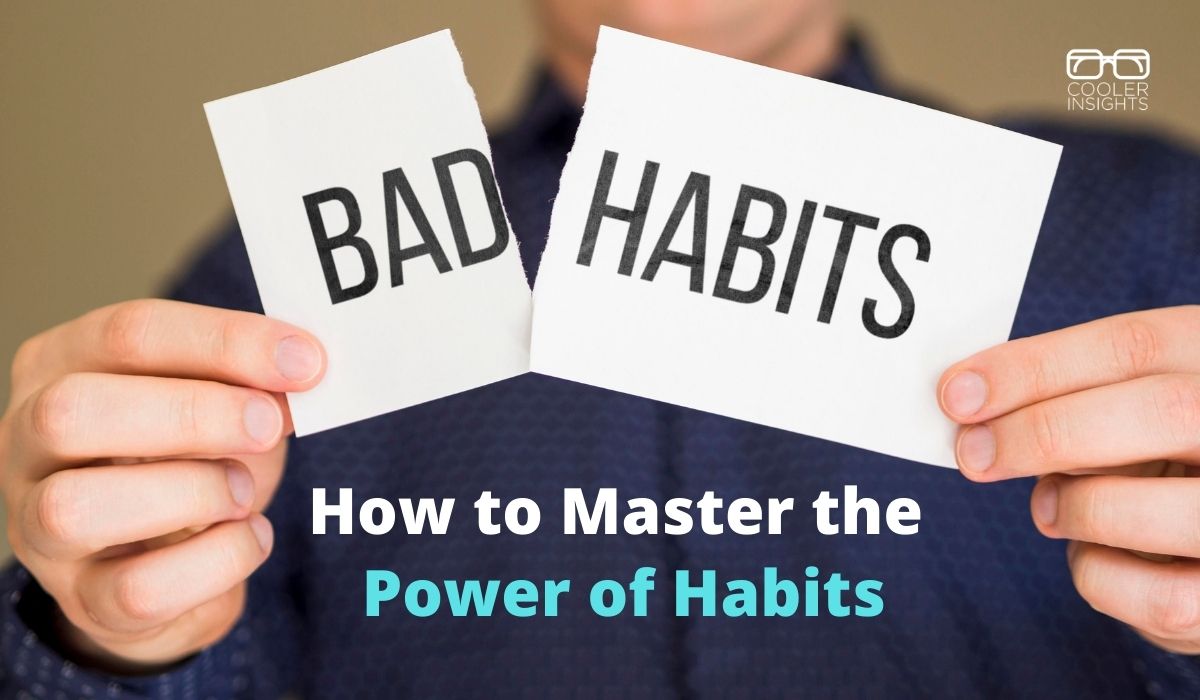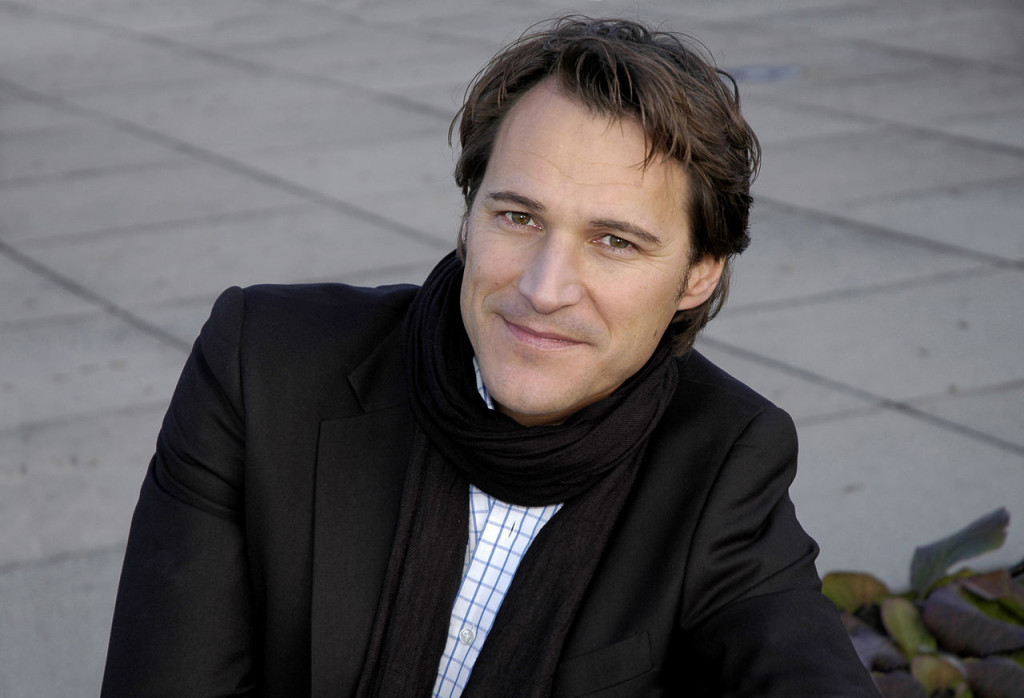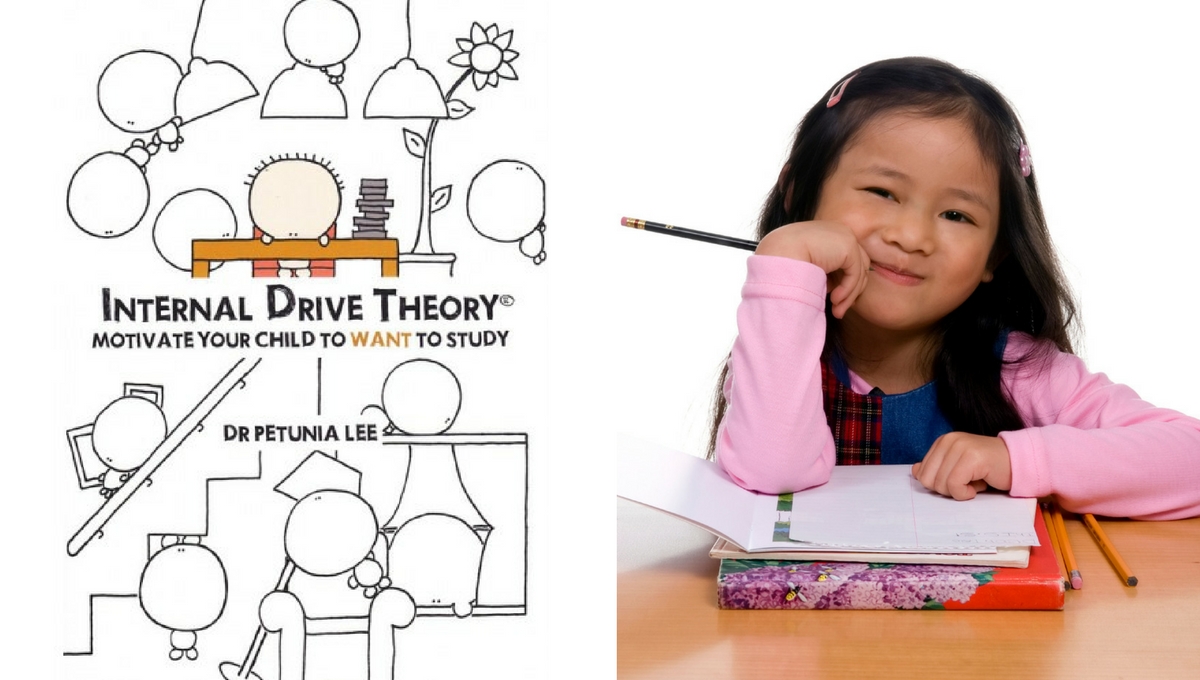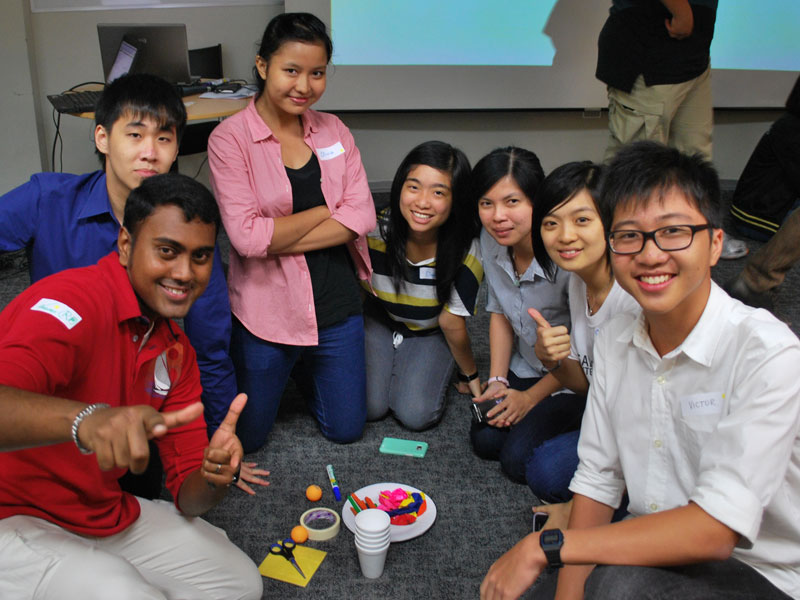
Creators of the highly popular book Freakonomics, hosts of the Freakonomics radio podcasts, University of Chicago economist Steven D. Levitt and New York Times journalist Stephen J. Dubner join forces yet again in Superfreakonomics. Written in the same fast-paced and witty style, the authors combed through prodigious scientific and research data to present findings that astound, amaze and amuse.
Tackling the fields of behavioural economics, criminology, psychology, sociology and other fields, Superfreakonomics examines taboo topics and sheds new light – and answers – while challenging conventional wisdom. Reading through the easily digestible volume, one learns why walking drunk is more dangerous than driving drunk (shorter average number of miles before accidental death), why department store Santas are like prostitutes (seasonal demand), and how capuchin monkeys actually behave like humans when given the right monetary incentives!










